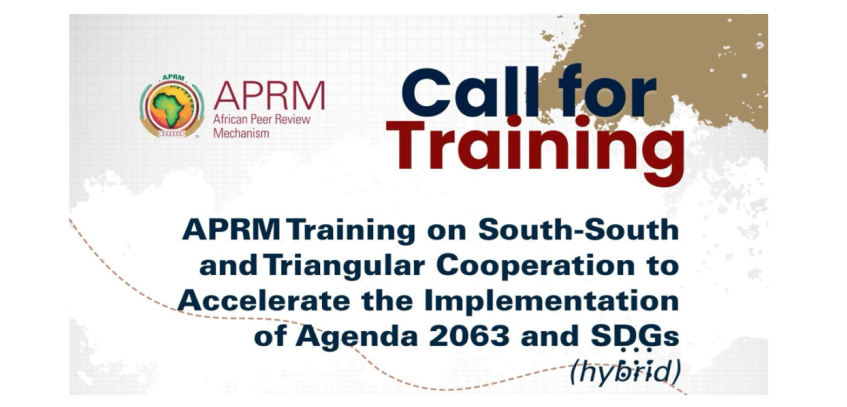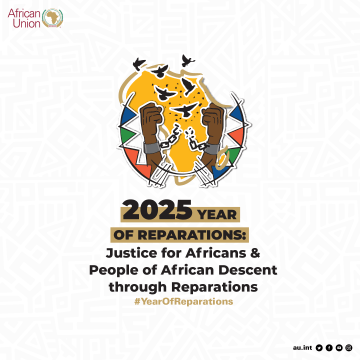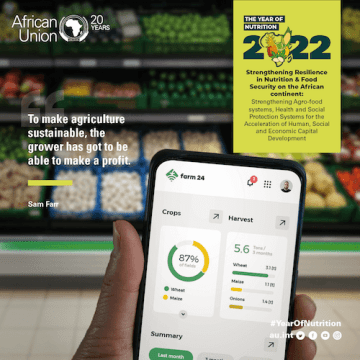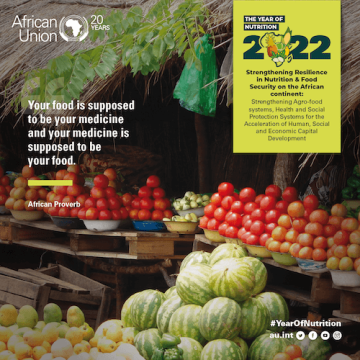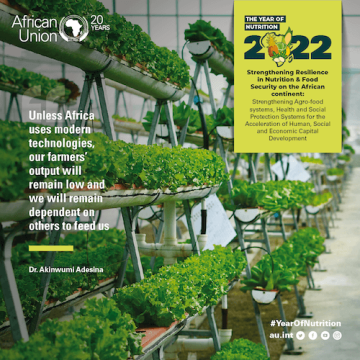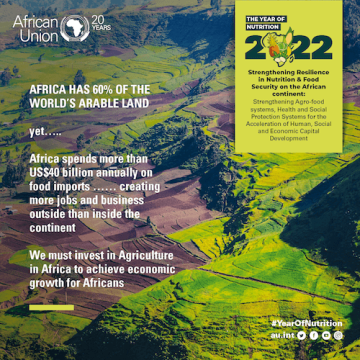
The African Peer Review Mechanism in collaboration with the GIZ , the Institute for Global Dialogue (IGD), based at the University of South Africa (UNISA) and other partners developed a capacity building Training Programme to raise awareness on the history of South-South and Triangular Cooperation (SSC) in Africa and its role in implementing Agenda 2063 and SDGs on the Continent. The training aims to benefit a wide range of experts including national representatives, youth, CSOs, and academia alongside practitioners in development organisations across Africa and the globe.
This training fulfils the decision of the 28th AU Assembly of Heads of State and Government which expanded the mandate of the mechanism to play a role in supporting African countries in monitoring the implementation of the African Union Agenda 2063 and Sustainable Development Goals. It equally supports the AU–UN framework for the implementation of agenda 2063 and the 2030 agenda for sustainable development. Since 2018, the APRM has been engaging actively in promoting South-South Cooperation in Africa as an exemplary peer-learning tool dedicated to promote good governance across the continent. In the same vein, Buenos Aires outcome document of the second High-level United Nations Conference on South-South Cooperation alluded to the significance of integrating South-South frameworks into national planning and overall development policies and its complementarity to North-South cooperation.
The continental secretariat developed a continental program to strengthen and institutionalise SSTrC mechanisms and broaden knowledge of African intellectuals through numerous initiatives including i) Africa high-level forum on SSTrC; ii) Capacity building training on SSTrC and iii) knowledge products highlighting best practices of SSC programs in Africa. Several key issues are identified from these interventions, such as the need to develop an inclusive approach that allows stakeholders to collaborate effectively for results and impact. This also includes the importance of aligning SSC projects with national development plans and priorities.
This collaborative training course assists development practitioners and national executives as well as other groups to delve into the history and development of SSTrC in Africa and the significance of such a type of cooperation in achieving both the AU Agenda 2063; the Africa we want and the UN SDGs. The training leverages on partnerships established between the APRM continental secretariat and strategic partners to highlight best practices of SSTrC in Africa and enhance coherence between the global and continental development agendas for sustainable, developed, and inclusive Africa.
Modality of the training program
The training will take place over four (4) weeks and will be executed through prepared presentations, recorded lectures, interactive discussion with a guest speaker and short quizzes to maximize the benefits of the course. Participants are highly encouraged to get engaged in the platform and make the best use of uploaded materials. Each selected candidate with get access to log into the APRM knowledge hub without any fee.
Public lectures / Guest Speakers
Participants will have the opportunity to engage with various experts who will be invited to share expert knowledge on South-South and Triangular Cooperation.
Recorded Lectures
Sessions will be pre-recorded. Experts and participants will be allowed free access to the recordings on the APRM Knowledge Hub Platform.
Eligibility
This programme targets postgraduate African students, experts working in the African Union, civil servants, youth, and Civil Society Organizations. Female candidates are strongly encouraged to apply.
Outcomes
By the end of the programme, participants will have:
- In-depth knowledge of South-South and Triangular Cooperation and its significance to Agenda 2030 and Agenda 2063 ‘’the Africa We want’’.
- Increased knowledge of the benefits of Multilateralism; horizontal partnerships and Eco-system of SSC led by the Islamic Development bank.
- Understand the challenges associated with implementing the BAPA+40 outcome documents; and
- Monitoring and Evaluation systems/ frameworks to assess SSTrC in Africa are publicised, discussed, and developed Greater awareness of the AU Agenda 2063 and
- Peer-learning on institutionalising SSTrC mechanisms between African countries is promoted.
Style of examination and certificate of attendance
Each module is followed by a short quiz. In order to get the final certificate, you are kindly requested to answer all the quizzes with at least 75% of success score. The certificate is signed by APRM – African Union and other partners.

